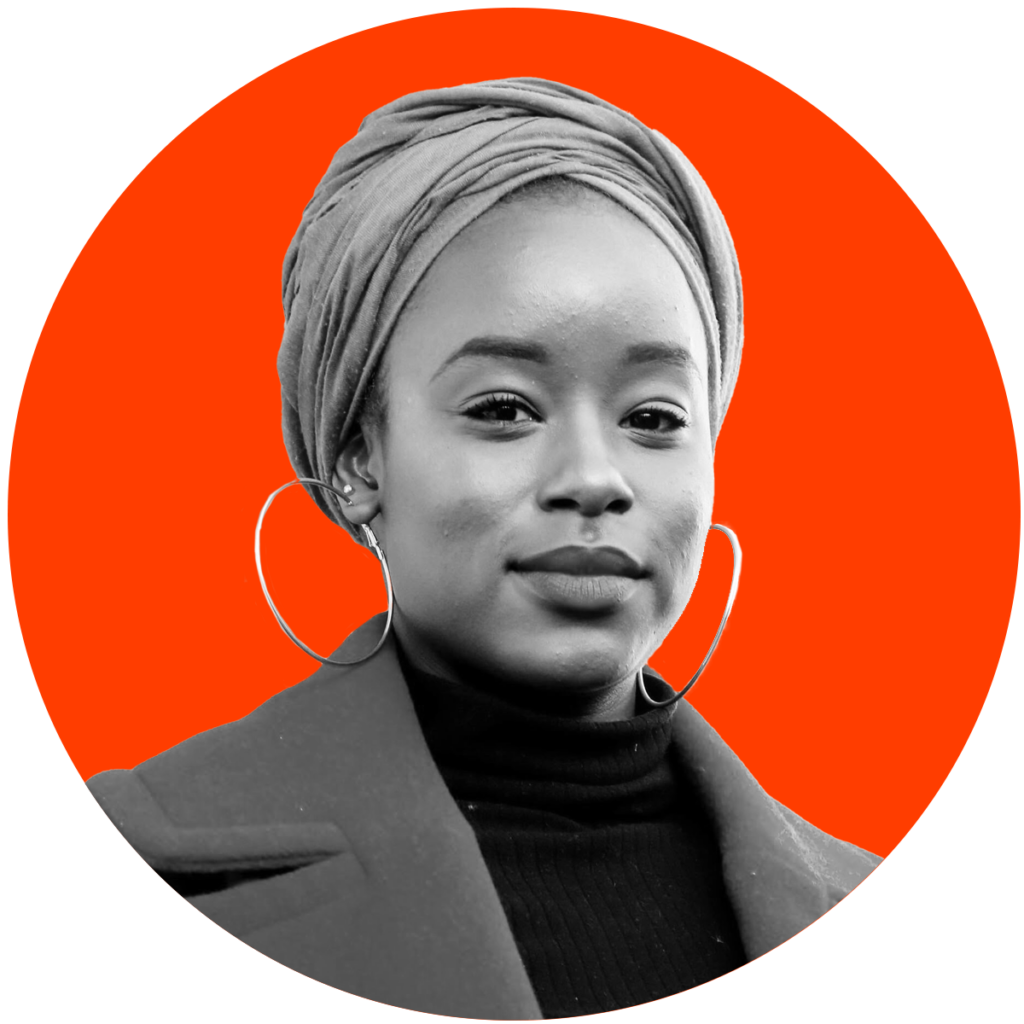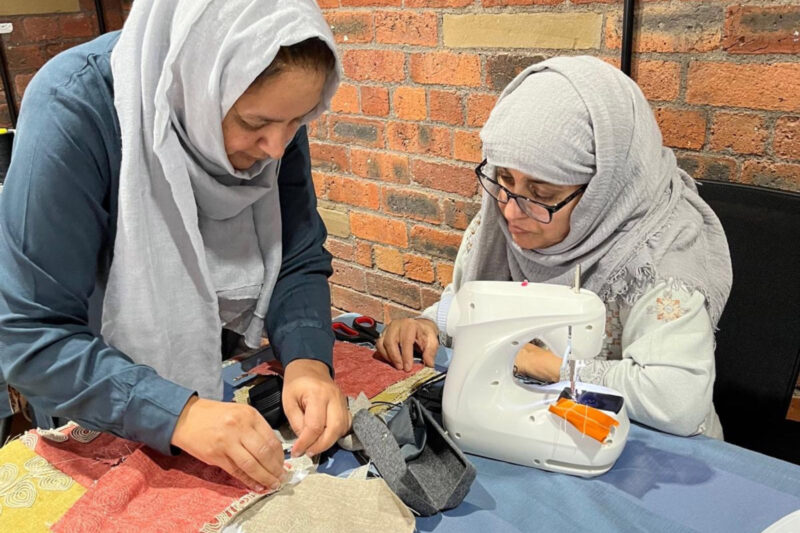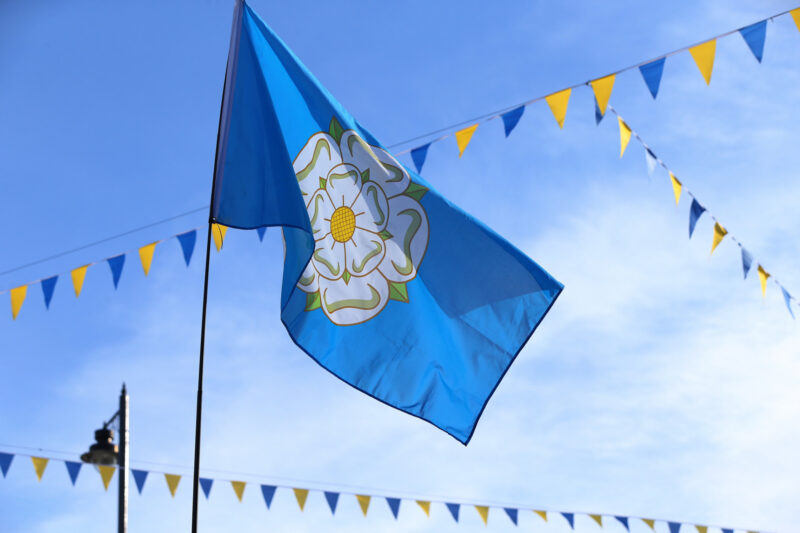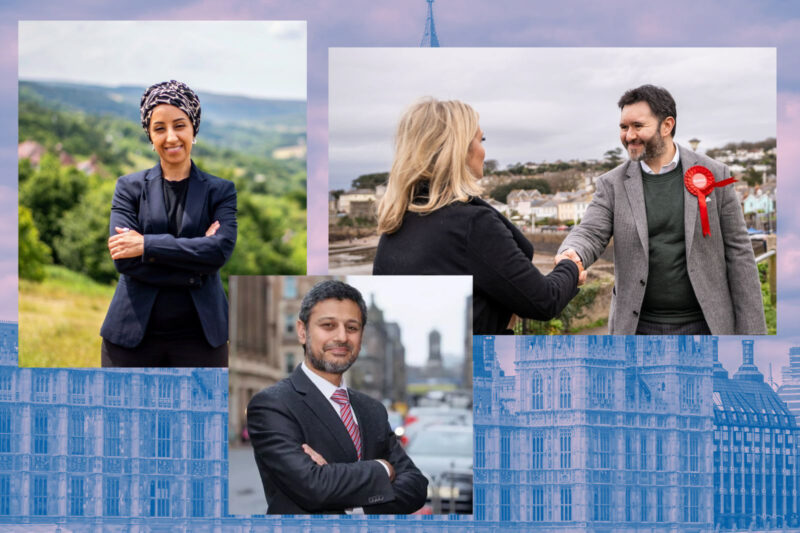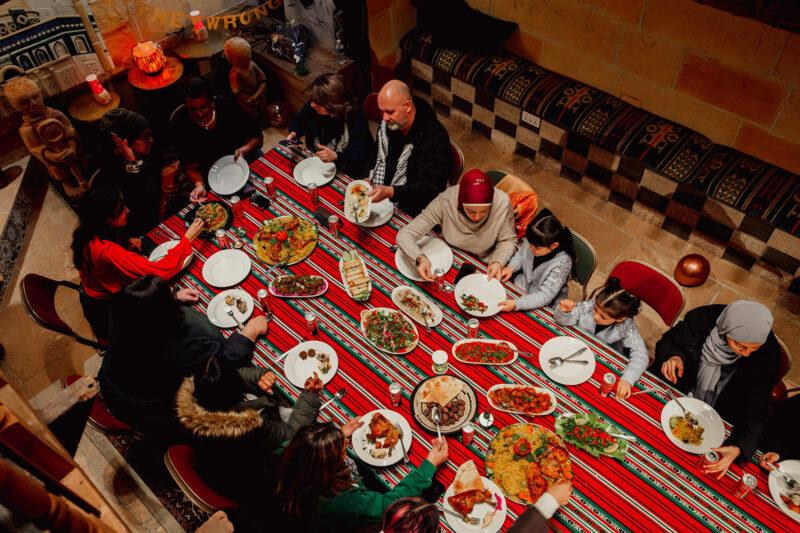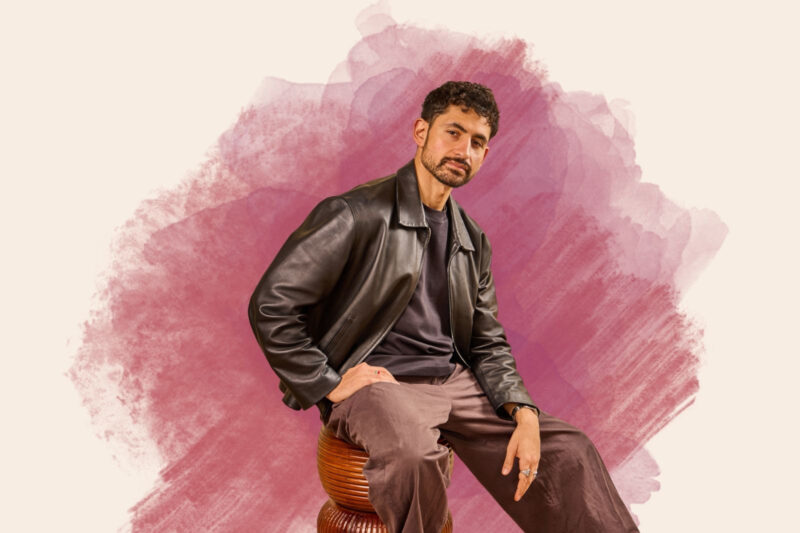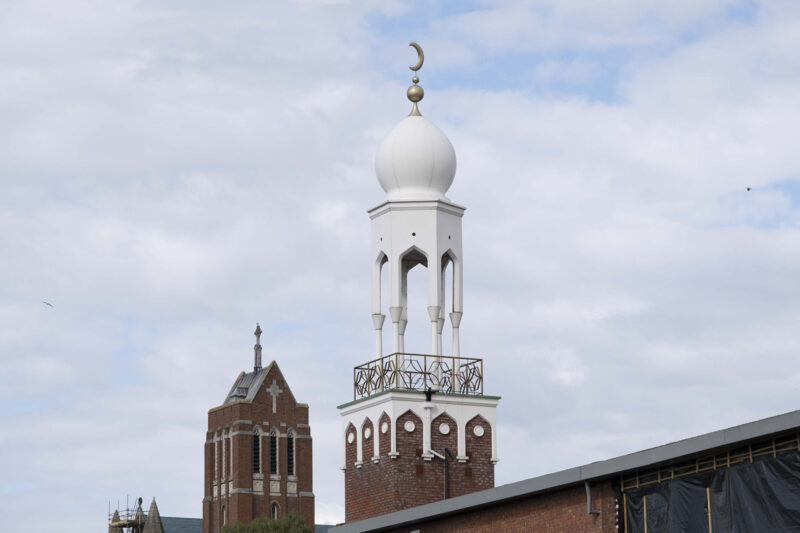Sheffield’s first Black Muslim woman lord mayor tells of pride in her new role
Safiya Saeed is the 128th person to hold the ceremonial position. She says she wants more people to see Sheffield’s town hall as theirs
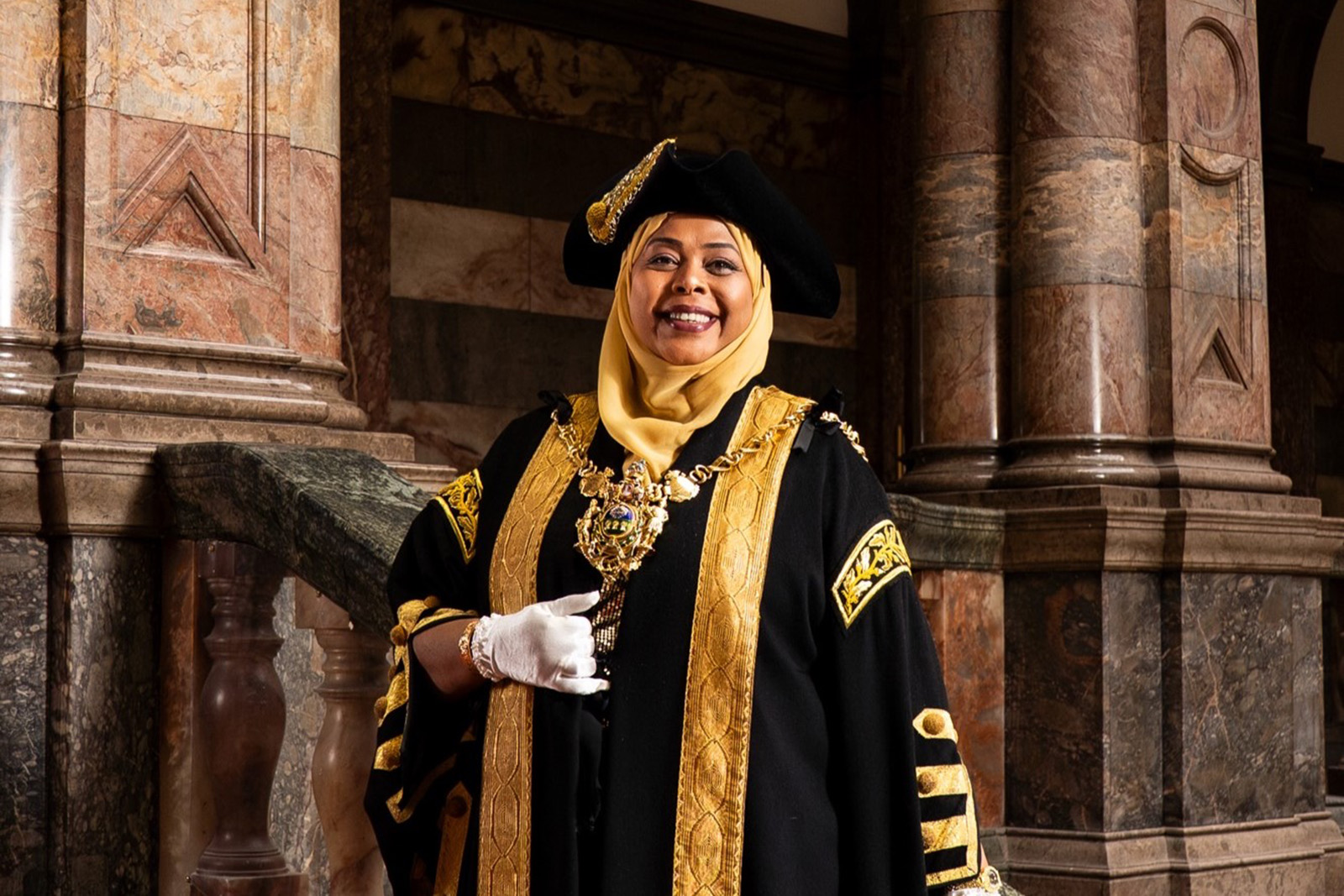
Sheffield’s first Black Muslim woman to be appointed lord mayor has said she wants to inspire young people and change perceptions of what leadership can look like.
Speaking to Hyphen after her first week in the job, Safiya Saeed said she had yet to finish reading all the messages of congratulations. “The most memorable reactions are always the girls who say: ‘Now I can be a leader,’ or mothers saying: ‘You’ve inspired my daughters. Thank you for helping young Somali girls to think about leadership,’” she said. “I just hope many follow us and we don’t leave a gap in the future.”
Sheffield’s lord mayor is a ceremonial role, responsible for chairing full council meetings and representing the city at civic functions. Saeed is the 128th since the title was created in 1897, and the second person of Somali heritage to hold the role, after Magid Magid was appointed in 2018.
Her first official duty after her installation ceremony on 19 May was a visit to Germany to mark 75 years of twinning between Sheffield and the city of Bochum in the west of the country. During the trip, she met people involved in supporting asylum seekers, immigrant women and mothers at a local integration centre, which she found particularly moving.
“It was amazing to see the social justice side of our twinning and how people have really tried to integrate in Germany,” she said.
Born in Somalia, Saeed came to the UK in 1985 as a teenager and spent the later years of her childhood in Sharrow, a suburb to the south-west of Sheffield city centre. She was elected as a Labour councillor for Burngreave in 2021, having been encouraged to enter politics by the people she’d spent years serving through her community work.
“They requested that I become a politician and a councillor,” she said. “With the community backing you up, you can’t say no — it’s something that must be done.”
Before politics, Saeed had spent more than 20 years as a community activist, founding the charity Reach Up Youth in 2013 to provide young people from Black and ethnic minority backgrounds with opportunities for mentoring, sports and volunteering. As a single mother of five running a youth club, Saeed witnessed first-hand the challenges families were facing, from housing issues to the rise in cost of living, and saw the limitations of resources in her area.
“We needed a voice on the inside, someone who could really communicate what our community was going through,” she said. “For me, it was both a personal decision and something that would benefit the community. We needed to make sure we were present inside the system.”
Her visibility as a hijab-wearing woman in public office is something she embraces. “This is me, take it or leave it,” she said. “It’s about time that the hijab gets highlighted in a very positive role. This crushes every single opinion that says that wearing a hijab, we are suppressed.”
A portrait of Saeed wearing a jilbab, and her son — who is her mayoral consort — wearing a thobe, now hangs in the town hall entrance alongside portraits of her predecessors, the majority being white men. Saeed’s portrait marks a significant moment for the city where one in five residents identifies as Black, Asian or from another minority ethnic background, according to the 2021 census. It is a picture that she hopes will make more people in Sheffield feel a sense of belonging and ownership when it comes to local politics.
“When people are coming in for their citizenship ceremony, they’ll already see people that look like them,” she said. “It changes the perspective. People can think that this town hall is theirs too, that they belong here.”
Asked what she hoped to be remembered for, she said: “Someone who comforts others, is friendly and kind. People assume I’m groundbreaking, but nobody can do this alone. But I just want people to remember me for making them happy.”
Saeed’s appointment came at the same time as another historic milestone in South Yorkshire — the election of Rukhsana Ismail as the new mayor of Rotherham. While Saeed has received widespread support, Ismail has been targeted with Islamophobic abuse and conspiracy theories online, many of which falsely linked her to extremism.
In a statement shared with Hyphen, Ismail said: “This is a civic and ceremonial role, not a political one. It exists to represent the whole borough and bring people together, not to divide. Sadly, some of the recent online abuse and disinformation has tried to undermine that. While disappointing, it will not distract or deter me.”
She added: “If my story inspires even one young person to believe they belong — to know their voice matters and their background is a strength — then it’s all been worth it.”
 Newsletter
Newsletter

